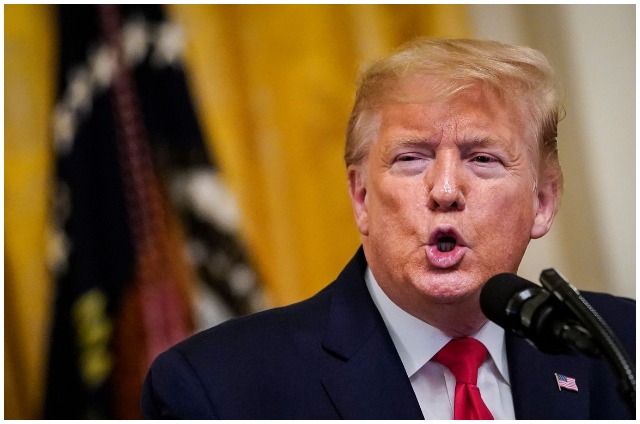Sydney – The outlook for a cross-Pacific free trade deal looked bleak on Tuesday after US president-elect Donald Trump announced that he will withdraw from the agreement on his first day in office.
Trump called the 12-nation agreement “a potential disaster for our country,” and said he would instead pursue “fair” bilateral trade agreements.
The deal, involving one dozen countries, is the largest trade deal in global history. Without the United States, the so-called Trans-Pacific Partnership (TPP) is likely to collapse.
Japan’s chief cabinet secretary, Yoshihide Suga, said TPP has “no meaning without the United States – the fundamental balance of benefits would collapse, and … renegotiating is impossible.”
“We want to continue to take various opportunities to call on the United States and the other signatory countries to quickly complete their domestic procedures,” he told a news conference on Tuesday.
Japan’s upper house is currently deliberating legislation to ratify the deal, after passing the bill in the lower house this month.
But now that the US is likely to pull out, countries are set to lose billions of dollars in trade benefits.
Vietnamese economist Le Dang Doanh said the US decision to withdraw from TPP poses “a big calamity for Vietnam.”
It is the lowest income country among the 12 signatories and previous forecasts predicted that TPP would help the Vietnamese economy grow 8 per cent annually with a 17-per-cent increase in exports.
Last week, Prime Minister Nguyen Xuan Phuc told parliament the treaty would be shelved by Vietnam.
Nguyen Quang A, a prominent economist and pro-democracy activist, told dpa the withdrawal is “a pity” since TPP would have not only benefitted Vietnam’s economy but also its politics.
He said that the deal would have had a positive impact on labour rights, transparency and rule of law in the single-party communist state, where political and market reforms have been slow.
TTP member states have a combined population of 800 million and account for around 40 per cent the world economy, representing 25.9 per cent of world trade (valued at 11.07 trillion dollars).
Australia Prime Minister Malcolm Turnbull on Tuesday was reluctant to give up on the trade deal. “Time will tell to what extent the US would engage with the TPP or an evolved version of the trade pact,” he told reporters in Canberra.
Melissa Conley Tyler, a director for the Australian Institute of International Affairs, said the deal was important for Australia’s market access, but “the projected benefit was not as massive as some of the other countries, like Vietnam.”
For the director of the Canberra-based think tank, “the biggest loser is the US itself, who spent so much time and energy on the deal, and is now walking back from it.”
The deal was agreed October last year, after years of negotiations.
It was was pushed by outgoing US President Barack Obama, who saw it as a means to write the economic and trade rules in the region amid rising Chinese influence.
Vietnamese economist Doanh said China would step in to take the regional leadership role if the US-led initiative fails.
This would create a problem for Vietnam, he said, since the interests of the two countries are at odds, specifically regarding the maritime territory dispute in the South China Sea.
“The US will be out of step with Asia. China will dominate and allies will be forced to scramble,” Carlyle A. Thayer, professor emeritus at the University of New South Wales, said.
As for Singapore, the botched deal will not hurt the trade-reliant country but it must begin looking elsewhere, for example to China and India, said Ja Ian Chong, a political science professor at the National University of Singapore.
New Zealand’s trade minister, Todd McClay, said there are “a number of options”and that the government will wait and see what the new US administration would do next.
New Zealand was hoping to benefit from the deal, which saw free trade agreements for the first time with Peru, Mexico, Canada and Japan.
– dpa










